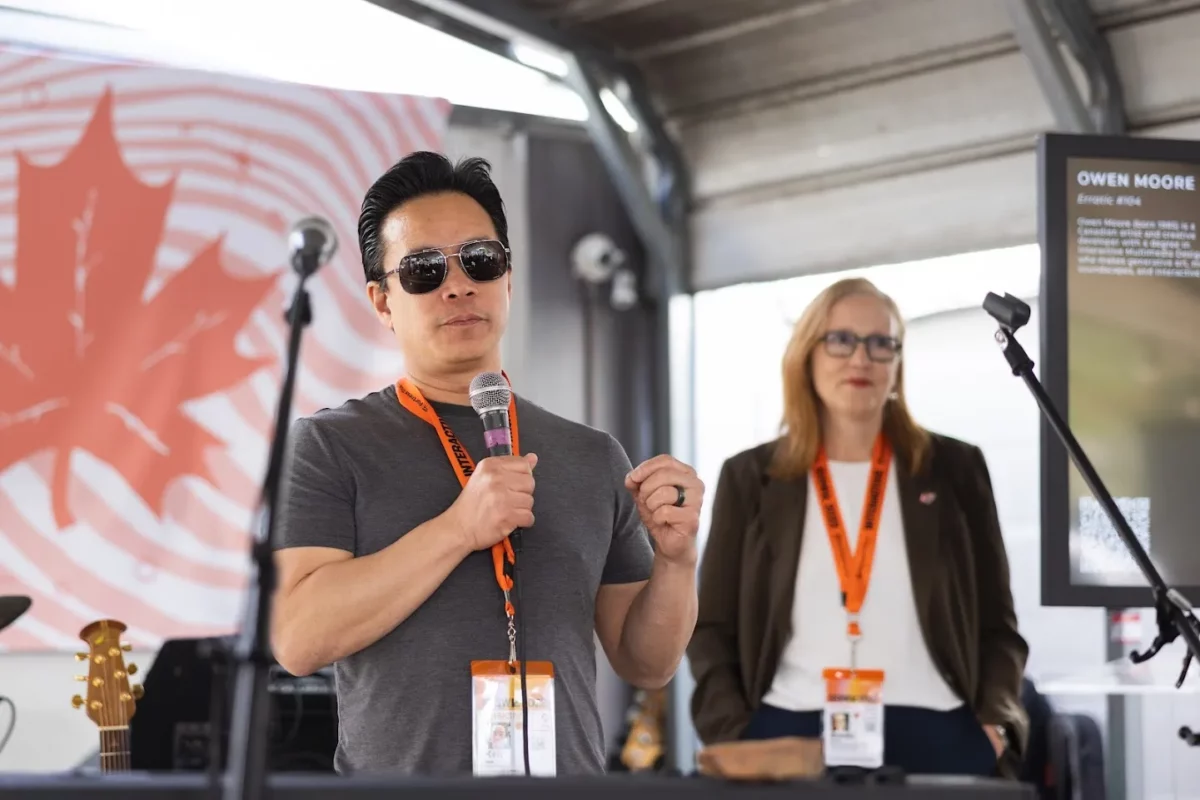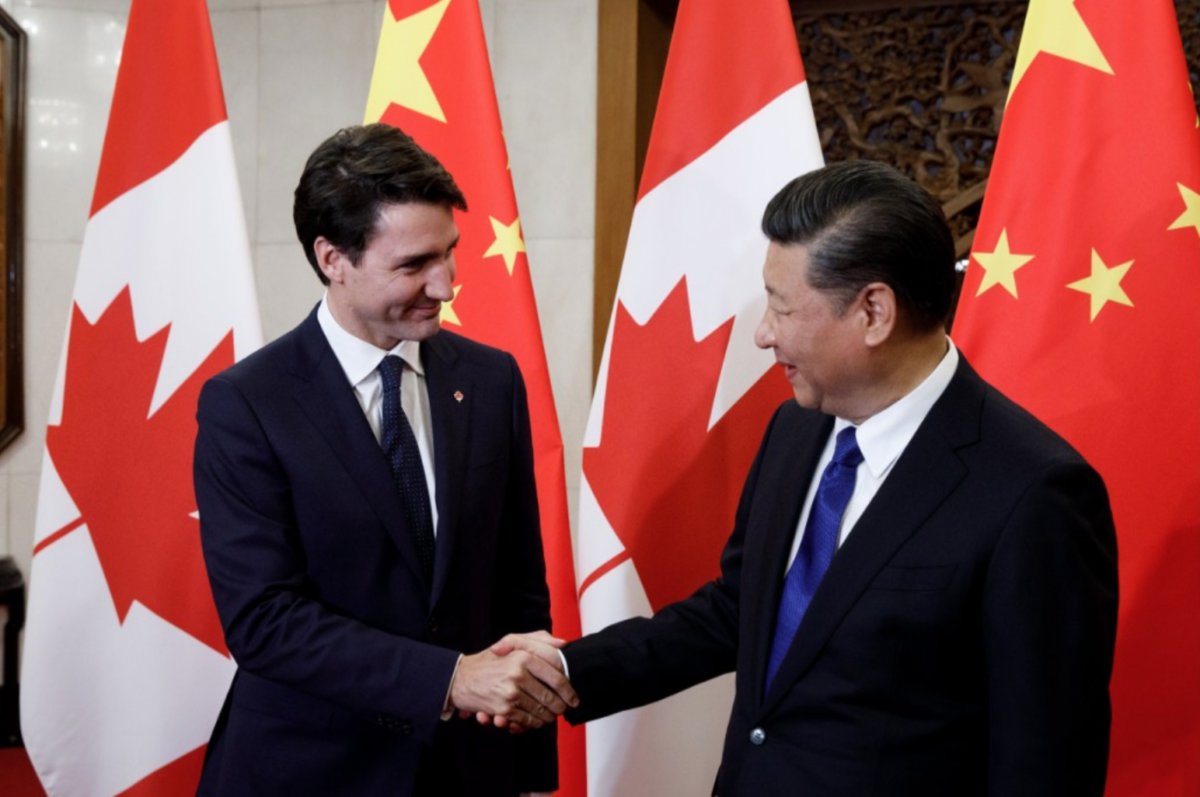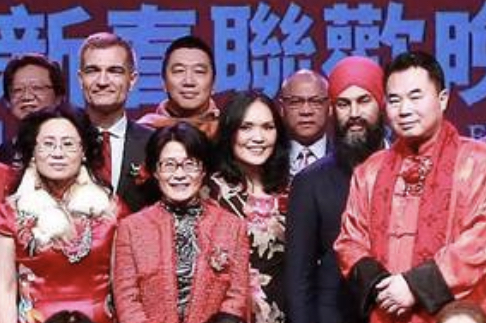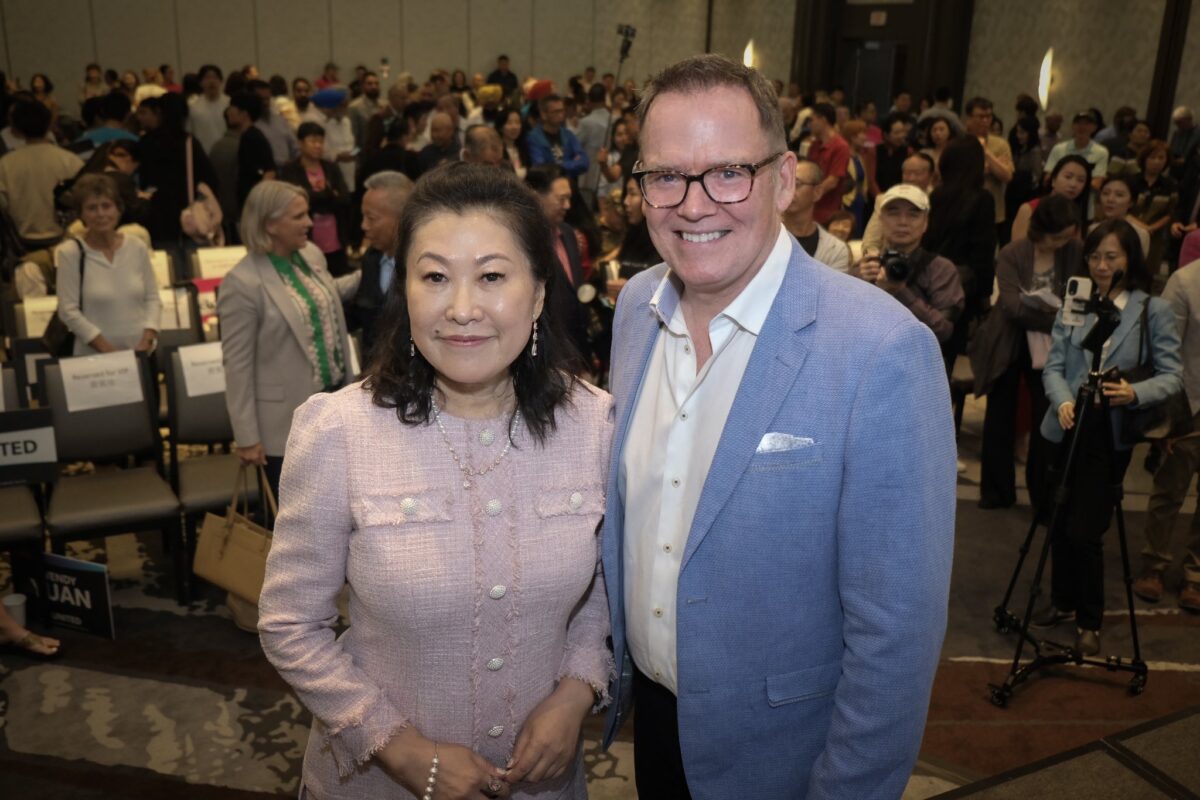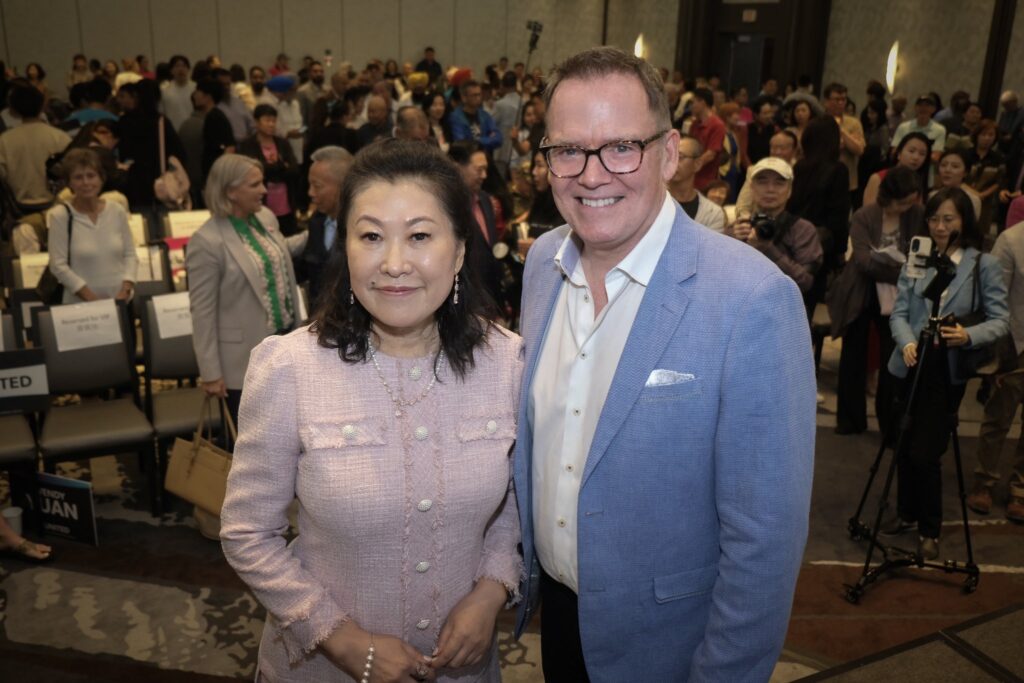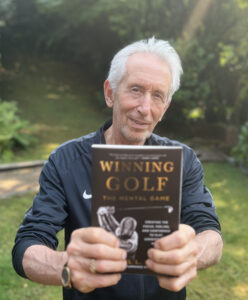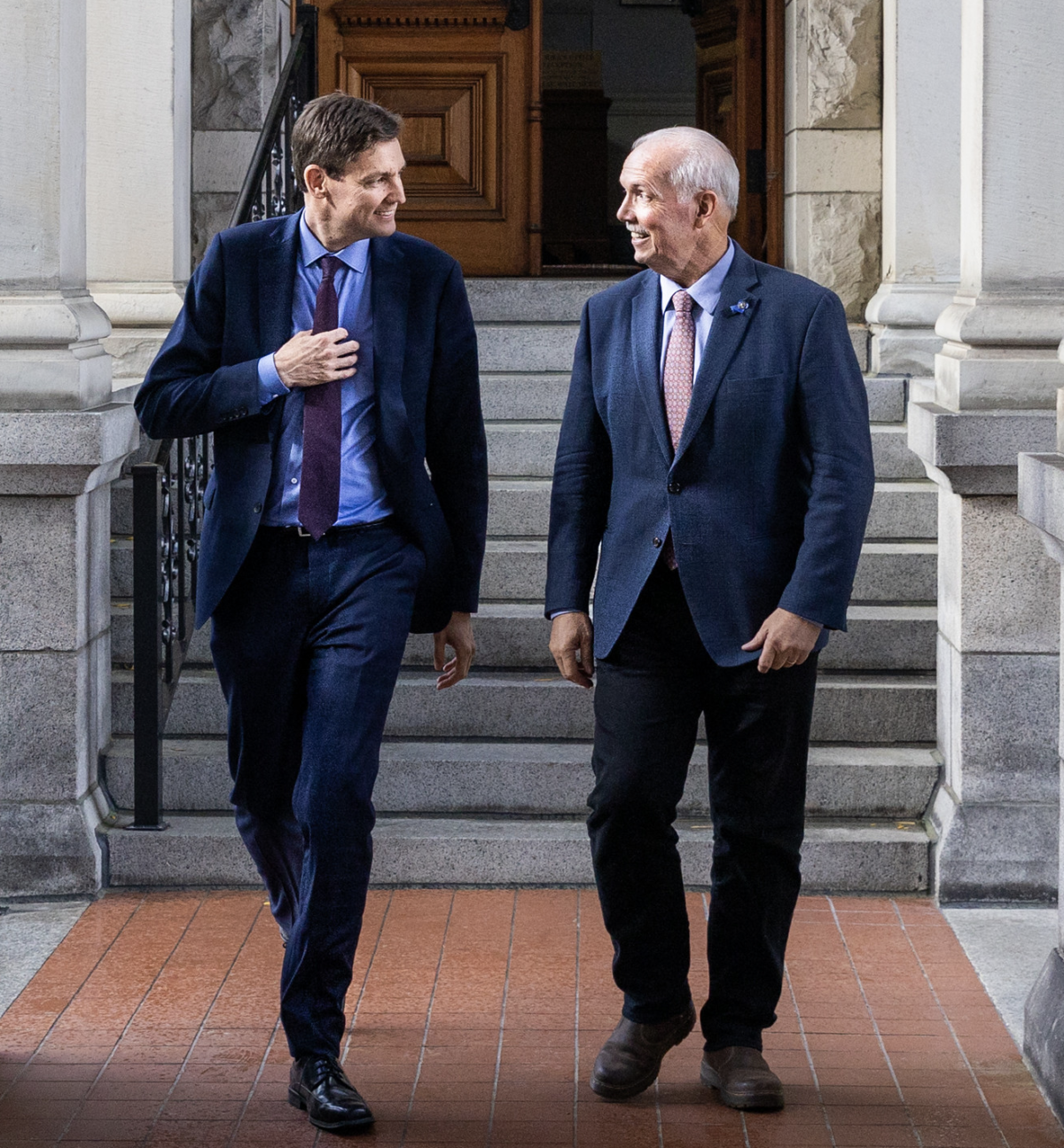BC Hydro rated geopolitics a higher risk than climate change: documents
Bob Mackin
An internal BC Hydro report rated geopolitical, cybersecurity and capital planning risks higher priorities than climate change, debt and supply chain.
The draft quarterly risk report presentation for the March 2 board meeting, obtained under freedom of information, identified eight areas as high priorities on a so-called risk landscape, and said the Crown corporation’s enterprise risk management program was about to undergo its first internal audit since 2014.
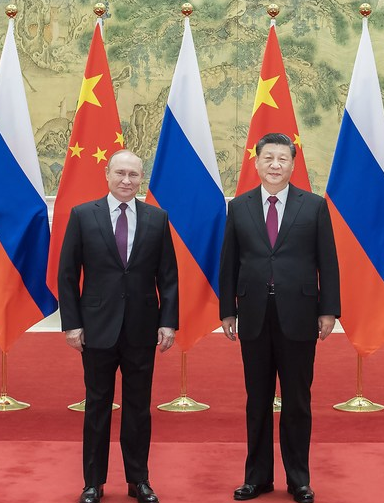
Vladimir Putin (left) and Xi Jinping during the Beijing 2022 Winter Olympics (PRC)
“Ongoing geopolitical and macroeconomic conditions including the war in Ukraine, shifting global trade alliances, energy security, COVID-19 recovery, global inflation, etc. are driving uncertainty resulting in broad range of impacts to our business and our customers,” said the document. “Global GDP in 2023 is anticipated to be lower than predicted in 2022 with ongoing recession uncertainty however there are signs that global inflation may be starting to peak.”
To mitigate this risk, an executive subcommittee and working group of senior supply chain and business group leaders were meeting frequently to monitor price and availability issues. It also said that BC Hydro’s trading arm, Powerex, helps it understand the impacts of current events, such as the European energy crisis and surplus sales.
“Senior leaders maintain oversight on addressing cybersecurity advisories resulting from the potential Russian threat against NATO countries.”
When Russia invaded Ukraine, BC Hydro developed cybersecurity scenarios and reviewed North American cybersecurity advisories on potential threats against NATO members supporting Ukraine, including threats to critical infrastructure.
The elevated cyber threat level and significant threat of ransomware triggered the rollout of new mandatory cyber training at BC Hydro, with an end of February deadline for all employees and contractors.
Meanwhile, the capital plan faced “significant cost pressure” due to system maintenance requirements and inflation-driven increases in construction, equipment and materials costs and labour and supply chain shortages. The presentation said that BC Hydro has a special reserve amount for large projects to account for cost escalation and an executive subcommittee and working group to monitor price and availability. “In some cases, project schedules are also being updated to account for longer lead times,” said the summary.
The Crown corporation’s biggest project, the $16 billion Site C dam, also got a high risk rating. The summary cited concrete production, delivery and placement, inflationary pressures, rising interest rates, and equipment and material supply constraints. Mitigation measures included completing a review of the project budget to identify cost pressures and savings, and confirm that the project can be delivered within the approved amount.
Hydro was also concerned about fluctuations in commercial electricity load due to customer decisions and shifting timelines.
“Some recent examples of note have included the Prince George Canfor Pulp Mill closure announcement, the extension of government support to the Paper Excellence’s Crofton mill, the government moratorium on cryptocurrency project interconnections and the opportunity for full electrification of LNG Canada’s phase 2 expansion through additional transmission infrastructure delivering capacity to the North Coast.”
Under the heading of shareholder expectations, the Crown corporation flagged the transition from Premier John Horgan to Premier David Eby in late 2022 as a high priority.
“BC Hydro’s efforts in improving our ability to efficiently connect customers (linked to the priority of attainable and affordable housing), implementation of the electrification plan in support of CleanBC and our progress on safely completing Site C on schedule and on budget are aligned with current shareholder expectations.”
Climate change got the same medium risk priority rating as environmental incident, emergency preparedness and serious injury or fatality.
To address the climate change risk, the report said BC Hydro relies on water management, and weather and inflow forecasting to mitigate the problem and has a suite of plans covering adaptation, greenhouse gases and electrification.
Support theBreaker.news for as low as $2 a month on Patreon. Find out how. Click here.
Bob Mackin An internal BC Hydro report rated











